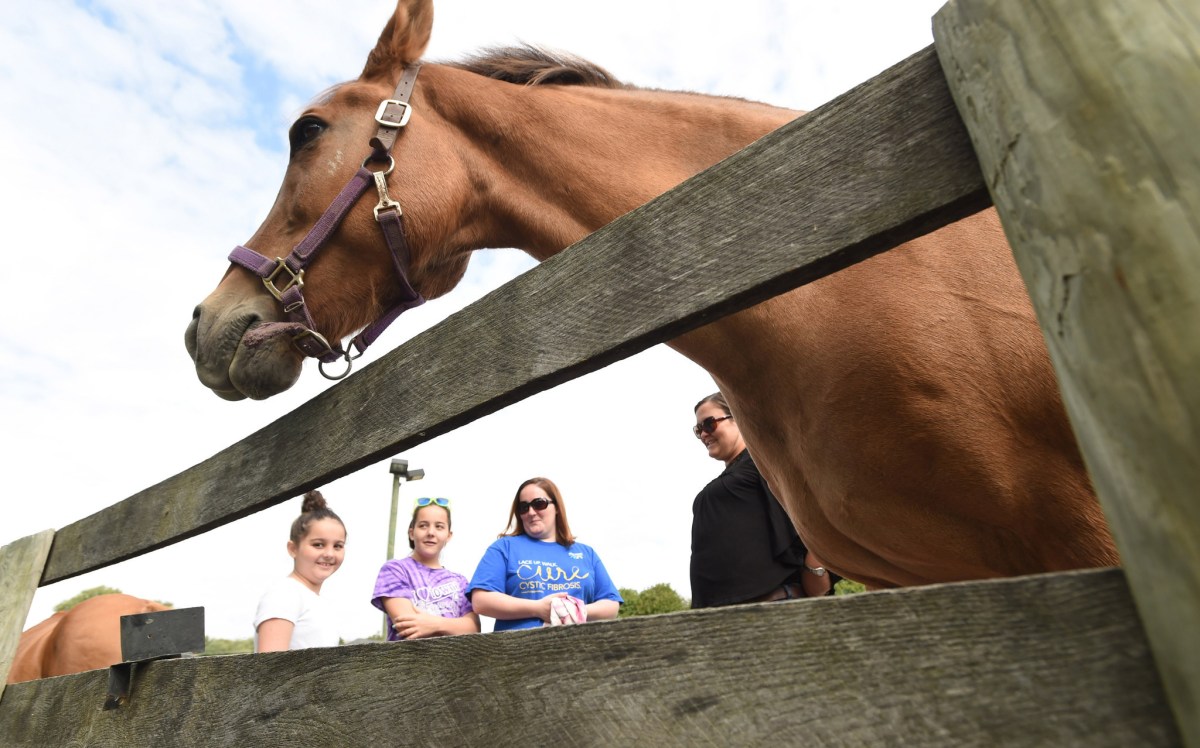The Role of the Horse in Overcoming Trauma

Horses have long been recognized not only as companions and working animals but also as powerful partners in healing emotional and psychological trauma. Equine-assisted therapy (EAT) leverages the unique bond between humans and horses to facilitate recovery from various forms of trauma, including PTSD, anxiety, and depression.
Understanding Equine-Assisted Therapy
Equine-assisted therapy involves structured interactions between patients and horses under the guidance of trained therapists. These sessions can include grooming, feeding, leading, and riding horses, all designed to promote emotional awareness, trust, and self-confidence.
How Horses Help in Trauma Recovery
- Non-judgmental Presence: Horses respond to human emotions without judgment, providing a safe space for individuals to express feelings.
- Emotional Regulation: Interacting with horses helps patients learn to manage stress and anxiety through calming activities.
- Building Trust: Developing a relationship with a horse fosters trust, which can translate into improved interpersonal relationships.
- Mindfulness and Grounding: Horses live in the moment, encouraging patients to focus on the present and reduce rumination.
Benefits of Equine Therapy for Trauma Survivors
| Benefit | Description |
|---|---|
| Emotional Healing | Facilitates expression and processing of complex emotions. |
| Physical Activity | Encourages movement and coordination, improving physical health. |
| Social Skills | Enhances communication and empathy through interaction. |
| Confidence Building | Success in handling horses boosts self-esteem. |
Practical Applications
- Post-Traumatic Stress Disorder (PTSD): Horses help reduce hypervigilance and promote relaxation.
- Childhood Trauma: Equine therapy supports children in developing emotional regulation and resilience.
- Addiction Recovery: The responsibility of caring for a horse encourages accountability and routine.
Frequently Asked Questions (FAQ)
Q1: Is equine therapy suitable for everyone?
A1: While beneficial for many, equine therapy may not be appropriate for individuals with severe allergies, phobias, or certain physical limitations.
Q2: How long does it take to see results?
A2: The timeline varies; some individuals notice improvements within weeks, while others benefit from longer-term engagement.
Q3: Do I need prior experience with horses?
A3: No prior experience is necessary. Therapists guide all activities to ensure safety and comfort.
Equine-assisted therapy offers a unique, holistic approach to trauma recovery by combining emotional, physical, and social healing. The horse’s intuitive nature and the therapeutic environment create a powerful catalyst for change and growth.
